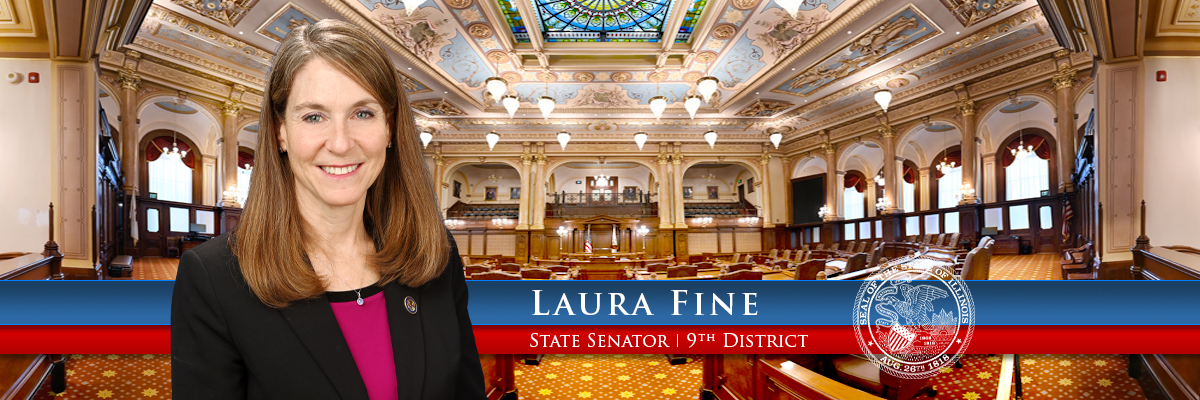Senator Fine’s measure improving 988 call center operations passes Senate
- Details
- Category: Press Releases
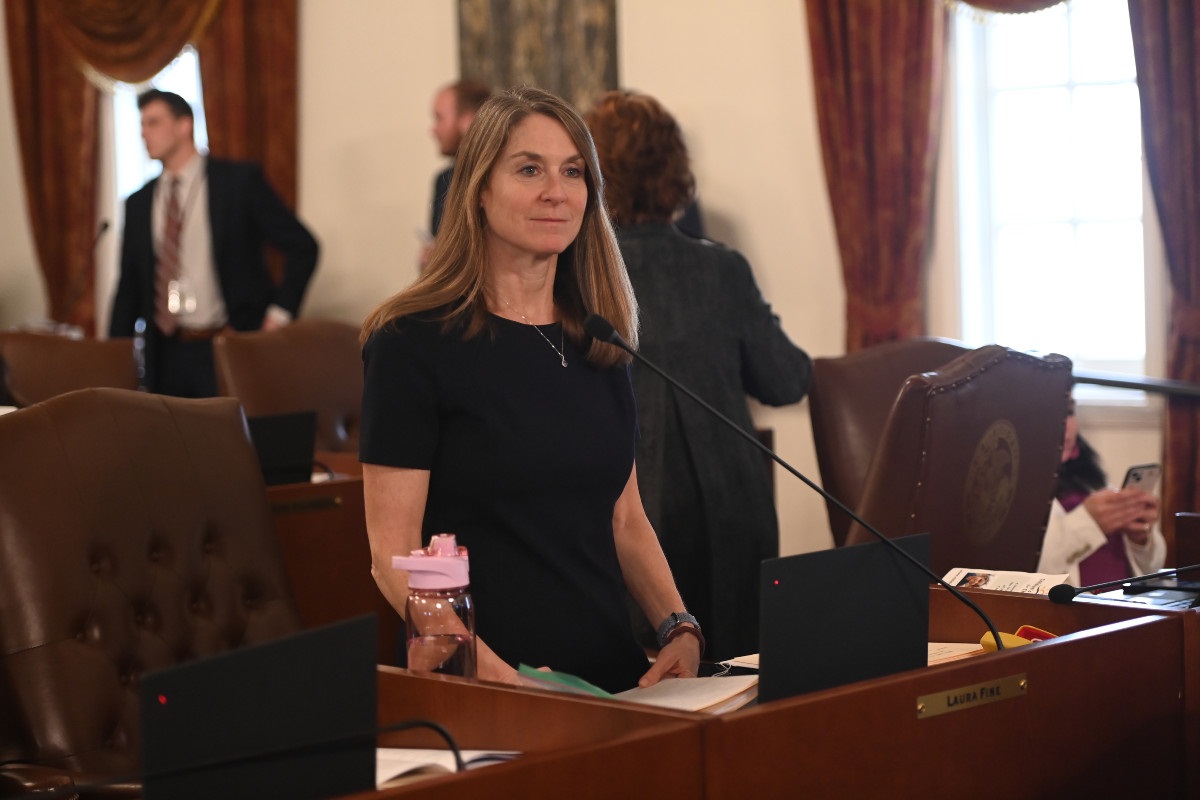
SPRINGFIELD – In order to make the 988 hotline as effective as possible for hotline operators and people experiencing a mental health crisis, State Senator Laura Fine is launching an initiative to review data from the first year of operations and recommend updates for the future.
“As the 988 hotline is the most accessible form of mental health care in Illinois, it is imperative that we are operating it in the most effective way to provide the best care for Illinoisans struggling with their mental health,” said Fine (D-Glenview). “This study will provide more insight into where we can grow and adjust our operations to better serve people experiencing a mental health crisis.”
Last year, Illinois launched the 988 Suicide and Crisis Lifeline, a three-digit dialing code for a national suicide prevention and mental health hotline, offering 24/7 access to trained counselors who can help people experiencing a mental health-related crisis. The hotline has been beneficial to many Illinoisans, and this study will ensure we continue to improve the 988 system.
Read more: Senator Fine’s measure improving 988 call center operations passes Senate
Senator Fine bill to create database on safety of children’s products
- Details
- Category: Press Releases
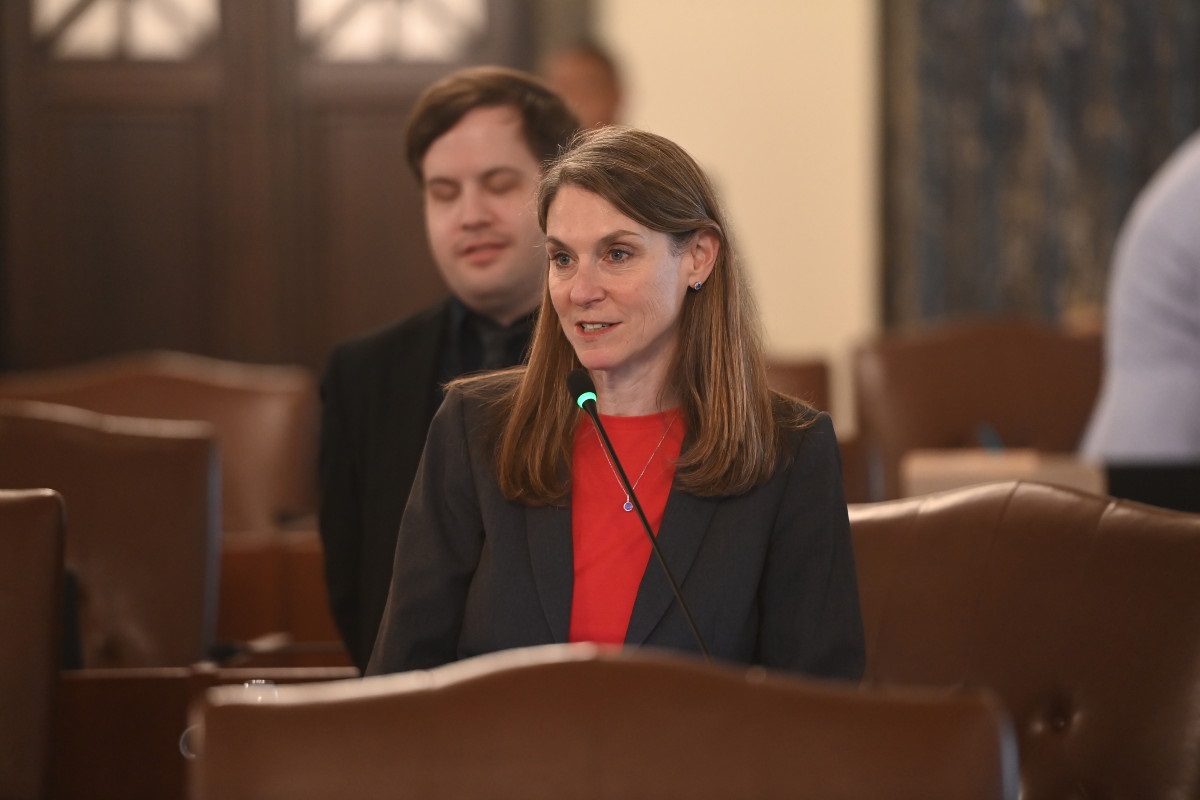
SPRINGFIELD – A new initiative from State Senator Laura Fine will require the Illinois Department of Children and Family Services to maintain a database on the safety of consumer products, making safety information much more accessible to protect Illinois children.
“It can be difficult for parents to know where to look for the most up-to-date information about product safety,” said Fine (D-Glenview). “Having a standard database that caregivers trust will bring peace of mind to parents, as well as prevent tragedies from taking place.”
Currently, families and caregivers do not have a clear resource to check if a product or toy is safe for their child to use, or if there were any recalls of the product. DCFS is currently only required by state law to contact childcare facilities without internet access about relevant product recalls. Those facilities with internet access must research recalls through their own means.
Read more: Senator Fine bill to create database on safety of children’s products
Fine commemorates Tuberous Sclerosis Complex Awareness Day
- Details
- Category: Press Releases
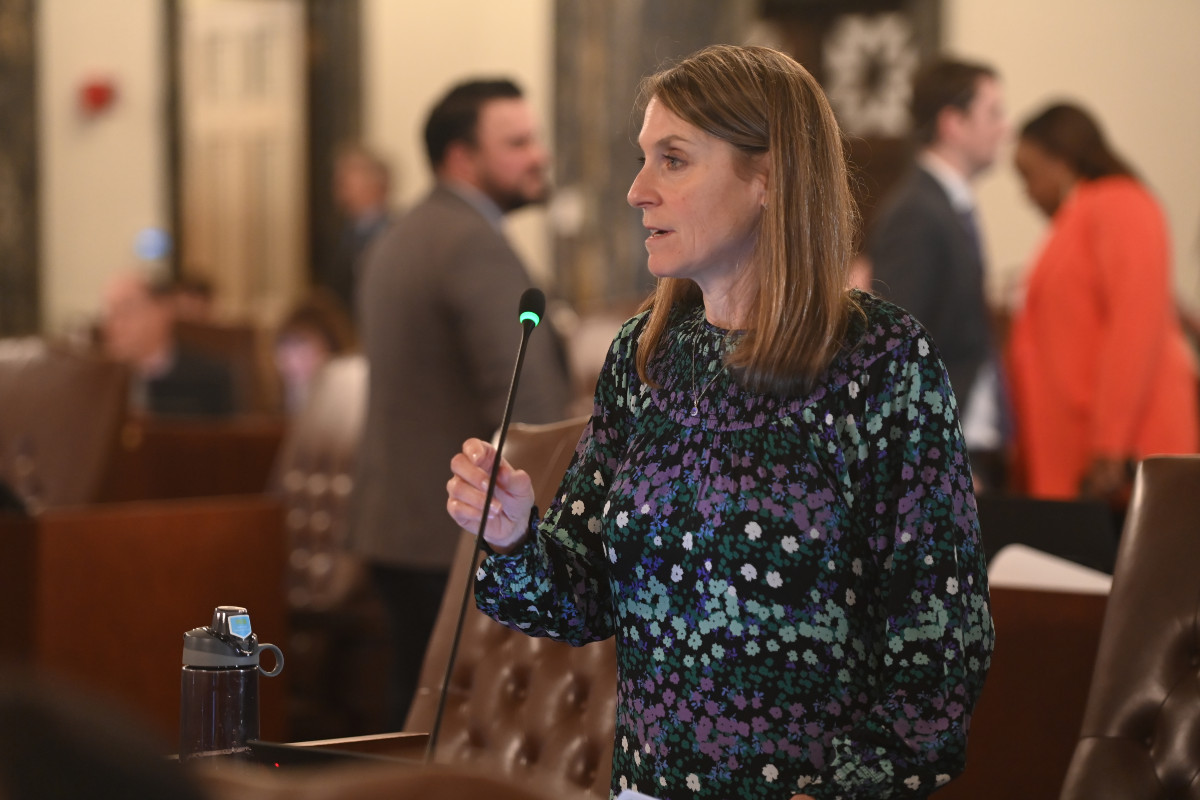
SPRINGFIELD – To bring awareness to Tuberous Sclerosis Complex (TSC), which impacts one in every 6,000 newborns in the U.S., State Senator Laura Fine introduced Senate Resolution 60 commemorating May 15 as Tuberous Sclerosis Complex Awareness Day.
“TSC can cause long-lasting complications on a young person’s health and is unfortunately often misdiagnosed,” said Fine (D-Glenview). “Observing Tuberous Sclerosis Complex Awareness Day will increase knowledge of this disease and hopefully help people find a correct diagnosis to get the most effective treatment to improve their health.”
TSC is a multi-system genetic disease that causes non-cancerous tumors in the brain and other vital organs such as the kidneys, heart, eyes, lungs and skin. It can also affect the central nervous system leading to seizures, impaired intellectual development, autism, behavioral problems, skin abnormalities and kidney diseases. Most people with TSC start experiencing symptoms when they are a year old. However, identifying symptoms of the disease take longer to develop so TSC can be misdiagnosed or missed for many years.
Read more: Fine commemorates Tuberous Sclerosis Complex Awareness Day
Senator Fine lays foundation for statewide behavioral health crisis system
- Details
- Category: Uncategorised
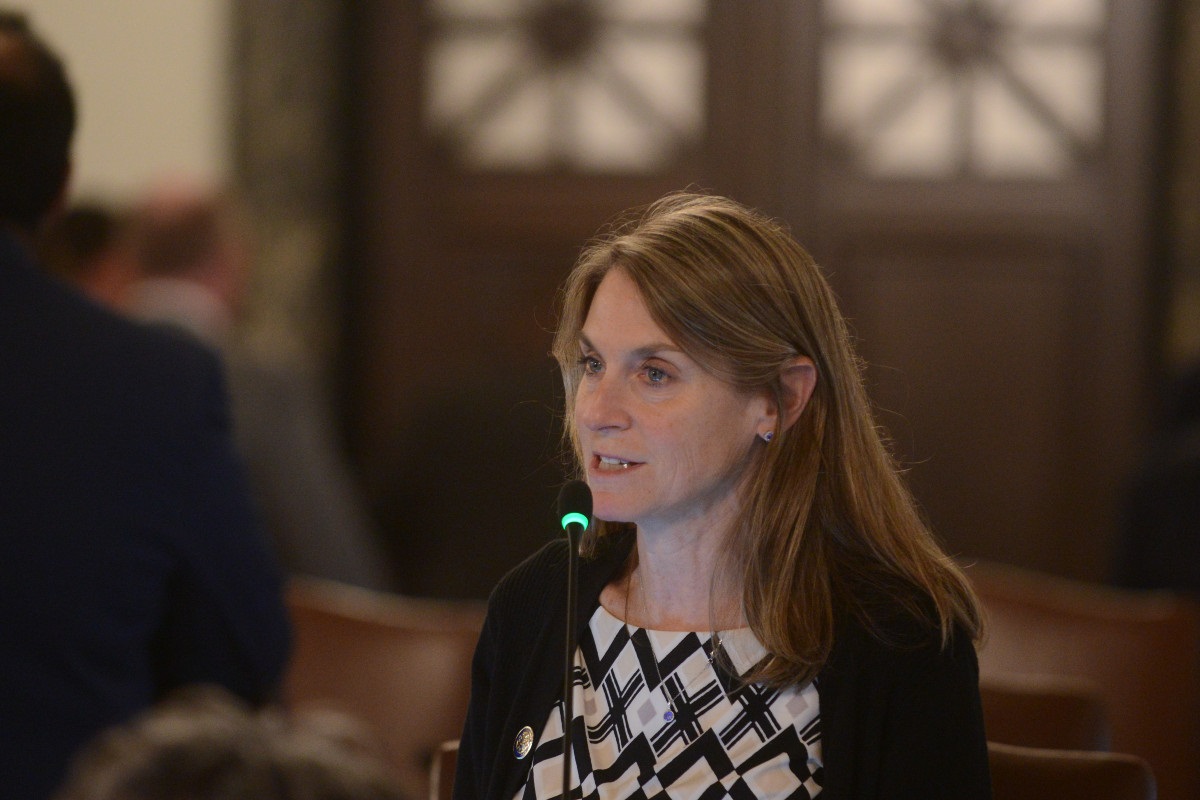
SPRINGFIELD – In an effort to improve the behavioral health crisis response system, State Senator Laura Fine has passed the Strengthening and Transforming Behavioral Health Crisis Care in Illinois Act. This will ensure we have a dependable behavioral health crisis system, including the 9-8-8 hotline.
“We need to make certain Illinoisans have an effective behavioral health crisis response system that can meet their needs,” said Fine (D-Glenview). “This legislation will help us assess the quality and affordability of behavioral health crisis services and as a result, make improvements to the system.”
House Bill 3230 would require an independent third party to conduct a cost analysis of a statewide initiative for the coordination and delivery of the continuum of behavioral health crisis response services in the state. Following the results of the report, a working group will develop recommendations for a cohesive behavioral health crisis response system that will be able to support the needs of Illinoisans. This would include the costs of maintaining crisis call centers, staffing, technological infrastructure enhancements and more.
Read more: Senator Fine lays foundation for statewide behavioral health crisis system
More Articles …
Page 27 of 79
